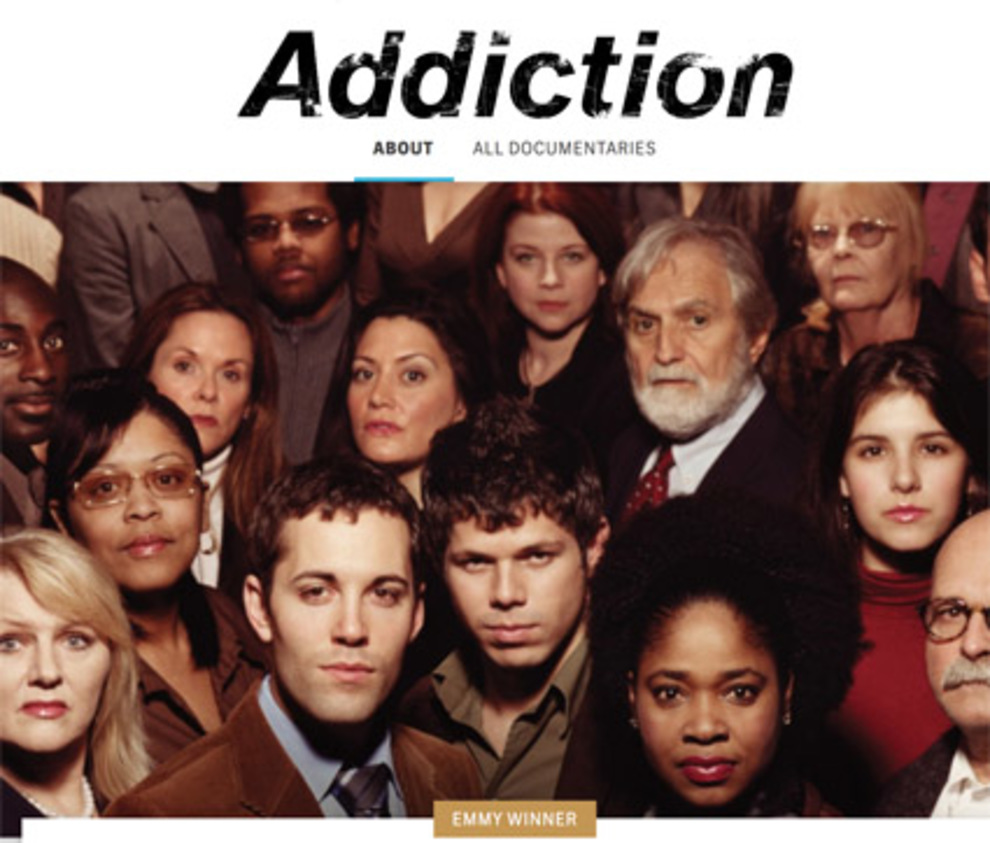Rewards For Today or Consequences For Yesterday

Our Allies member just emerged from a rough spell when their loved one relapsed after leaving his inpatient program. Now he’s not using but short on rent for his job as a barber. Should they support today ‘s non-use by helping him financially or allow him to lose the job as a natural consequence for his past use?
This post originally appeared on our Member Site blog, where experts respond to members’ questions and concerns. To learn more about membership, see our Membership Benefits page.
Dominique Simon-Levine reassures this parent that they are following the right approach
First off, I am sorry you had to endure the stress and anxiety of your son living out of his vehicle in such a state. That is not easy. I’m not a fan of family members being told hard and fast conditions to follow without some time being spent understanding the larger context. I will assume the inpatient center knew your son well. You did bar him from home, and it worked. Good.
There is a long-standing debate about inpatient vs. community treatment. For those snatched out of a community into a residential program, the fear is that a loved one won’t learn how to manage recovery in their own home community, and thus will more easily relapse. For those in outpatient programs, the fear is that the loved one can more easily drop out, and/ or that the home situation is unstable and will not support the treatment goals.
I like to let the home situation guide the decision, at least in part. If the living situation is not good, residential care is needed. If the home situation is good, build that community care circle around the loved one.
Your question deals with consequences from the recent past in the face of positive and encouraging recovery behavior in the present.
CRAFT says respond in the day to that day
For your son’s situation this means rewarding today’s efforts at recovery and low/no use. The problems that collect with someone’s active addiction are too long to list, and often too painful to hear.
Your son lost money while using and is now in trouble financially. For today, reward, as long as he isn’t using. The past is the past. I’m not suggesting you instantly transfer all the money needed to get your son out of hot water. Rather, work on creating and maintaining a gentle loving stance to his non-use. Ask him what he is going to do about the money that is owed. This helps you both engage as partners in supporting his recovery.
So support today ‘s non-use
The context today for your son is non-use, and doing what is needed not to relapse. So I would help him a little to save his job. The job is helping the non-use in this context, if I understand correctly. Having him sitting at home jobless is not going to make either of you happy. But the job also puts money in his pocket which may be a trigger for him. So part of the solution could be finding a way to support getting his upcoming earnings directed at what is owed. But let your son lead with the solutions. Talk with your partner if needed to clarify, behind-the-scenes, what you are willing to do.
It’s great to hear your son is doing well. Thank you for sharing your situation, and for this excellent question. This is helpful for many other families too. Keep in touch as things unfold. We are all here for you.
A membership at Allies in Recovery brings you into contact with experts in the fields of recovery and treatment for drug and alcohol issues. Our learning platform introduces you to CRAFT and guides you through the best techniques for unblocking the situation. Together we will move your loved one towards recovery. Learn more here.








